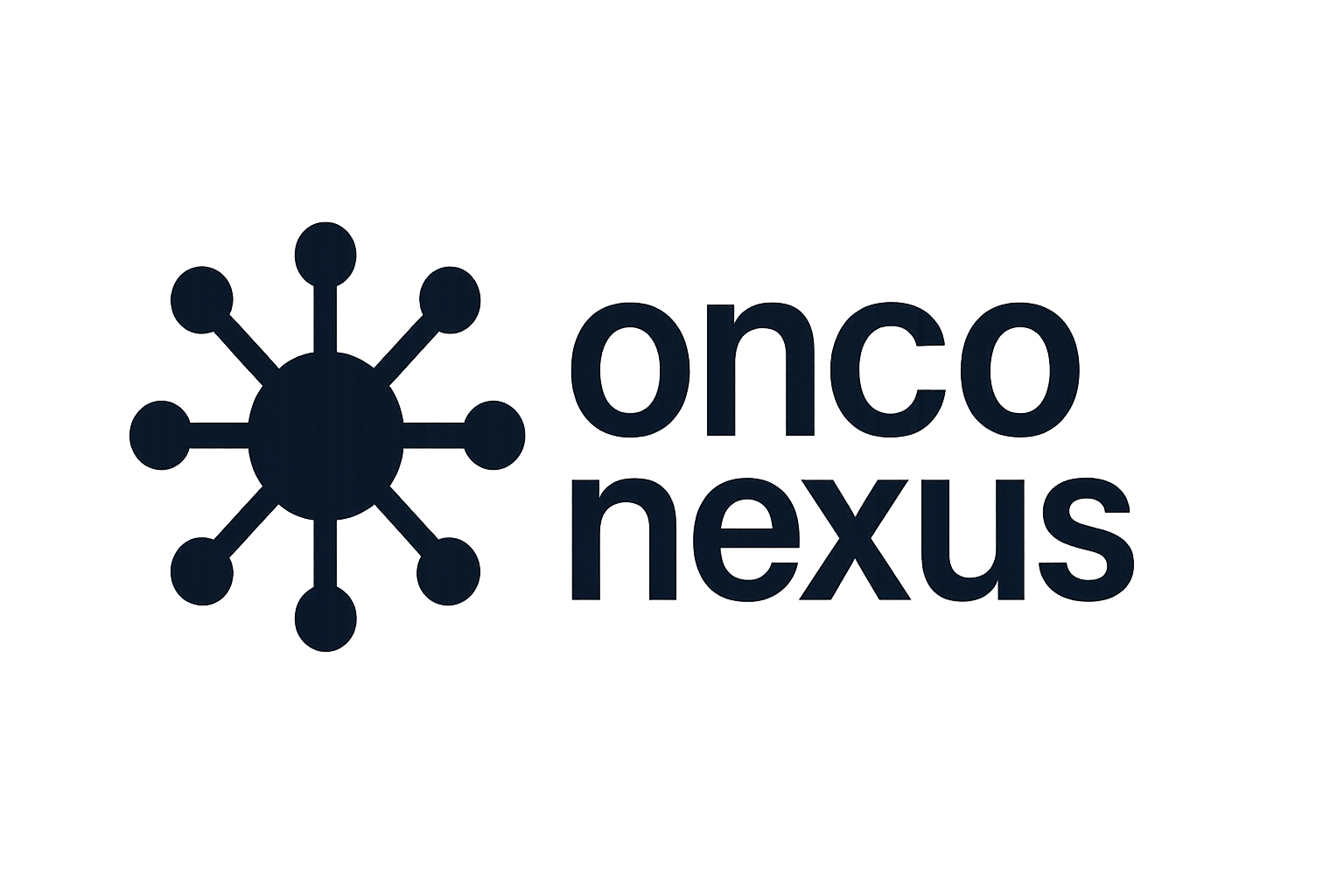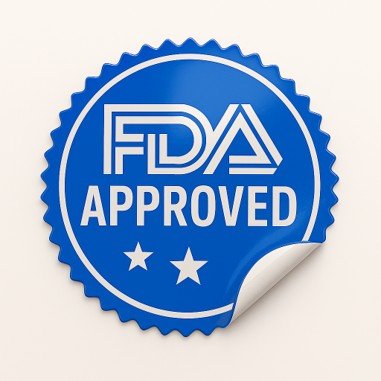
Source: ReachMD
URL: https://reachmd.com/programs/cme/expert-perspectives-from-aua-2025-contextualizing-the-evolving-landscape-of-bladder-cancer/33076/
Sasanlimab combined with BCG reduces event-free survival by 32% in treatment-naïve patients, while novel drug-delivery systems (TAR-200, cretostimogene) achieve unprecedented 75-82% complete response rates in BCG-unresponsive non-muscle invasive bladder cancer (NMIBC). These breakthrough therapies offer durable responses exceeding 2 years and represent paradigm-shifting options for historically difficult-to-treat populations.
Study Design & Population
- CREST Trial: Phase 3 randomized controlled trial
- BCG-naïve, high-risk NMIBC patients
- 2-year treatment duration comparing sasanlimab + BCG vs BCG alone
- Multiple arms including induction-only and maintenance protocols
- SunRISe-1 Trial: Phase 2b study of TAR-200 gemcitabine-eluting device
- Cohort 2: n=85 BCG-unresponsive carcinoma in situ ± papillary disease
- Cohort 4: n=52 BCG-unresponsive papillary disease only
- Device placement every 3 weeks (24 weeks), then every 12 weeks (96 weeks)
- BOND-003 Trial: Single-arm phase 3 study
- n=112 BCG-unresponsive carcinoma in situ patients
- Cretostimogene grenadenorepvec (oncolytic immunotherapy)
- Median follow-up: 22 months
Key Findings
- CREST Trial Results:
- 32% reduction in event-free survival (HR 0.68)
- Manageable immune-related adverse events profile
- TAR-200 Device Performance:
- 82.4% centrally confirmed complete response rate (Cohort 2)
- 25.8-month median duration of response
- 85.3% 6-month disease-free survival (papillary-only patients)
- 81% 9-month disease-free survival
- 13% grade 3+ treatment-emergent adverse events
- Cretostimogene Efficacy:
- 75.5% overall complete response rate
- 64% 12-month duration of response
- 58% 24-month duration of response
- >2-year median duration of response
Clinical Implications
- Treatment Paradigm Shift: Complete response rates now exceed historical 40% BCG benchmark by >30 percentage points
- Sustained Drug Delivery: TAR-200 extends gemcitabine dwell time compared to traditional intravesical therapy, improving drug exposure
- Precision Medicine Integration: FGFR alterations present in ~60% of NMIBC cases enable biomarker-directed therapy with TAR-210/erdafitinib
- Global Accessibility: Off-the-shelf drug-releasing systems eliminate cold-chain storage requirements
- Expanded Treatment Options: Combination checkpoint inhibitor + BCG therapy requires oncologists comfortable managing immune-related adverse events
Limitations
- Single-arm design for BOND-003 limits comparative effectiveness assessment
- Short-term follow-up data – longer surveillance needed for durability confirmation
- Patient selection criteria may limit generalizability to broader NMIBC populations
- Safety profile assessment requires larger patient cohorts for rare adverse event detection
- Cost-effectiveness analysis not yet available for novel drug-delivery systems


